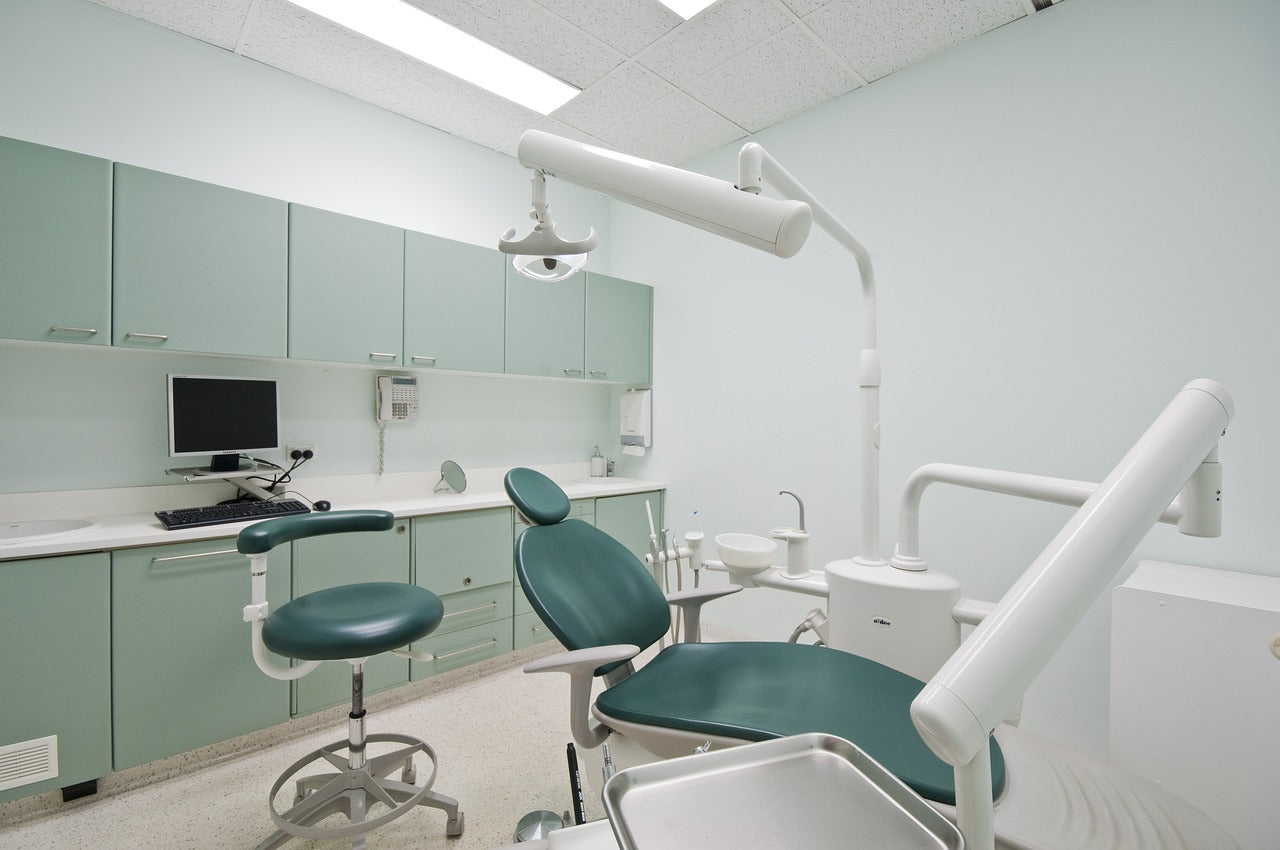
Infection Control in Dentistry Practices
In dental practices infection control has always been top of mind. The pandemic raised everyone’s awareness about the importance of good hygiene practices and infection control in all health care settings. It is critical for dental offices to be diligent in their protocols for infection prevention and control, as dentists work in mouths with teeth that are possibly infected.
In Canada, the Public Health Agency of Canada has recommendations for infection control in all medical offices, including dental offices. From preventing bacterial cross-contamination to limiting the spread of airborne diseases, infection control begins with good hygiene practices. Here is what you need to know about the importance of infection control in dentistry practices.

Reasons Why Dental Office Infection Control is Needed
In everyone’s mouth there lives billions of bacteria. Direct contact and exposure with someone’s saliva when they are sick or with an infection carries a risk of passing that infection on.
Patient care requires a conscientious approach to preventing cross contamination and passing an infection from one patient to another.
As dentists and dental assistants work on the mouth of a patient, the bacteria can travel to their gloves and dental tools. This is why disease control focuses on keeping surfaces and tools disinfected and sterilized. Every detail needs to be considered when trying to reduce the risk of spreading infection.
Standard Practices in Infection Prevention in Dental Settings
There are standard practices that need to be followed as infection control precautions to keep patients and staff safe. Let’s look at the best ways to practice these preventative methods.
- In addition to basic hygiene practices, such as frequent and proper hand washing, dental staff need to wear gloves and protective equipment at all times.
- When using single-use masks and gloves, they must be changed frequently throughout the day.
- Disposable dental tools, such as tongue depressors, must be discarded after use.
- In the examination room, all work surfaces must be regularly cleaned and disinfected.
- Dental tools need to be properly sterilized after each use.
Prevent the Spread of Viruses and Diseases
Preventative measures are a good practice to reduce cross infection and keep the whole community safe. Health care associated infections can be prevented by following simple practices. Improper sterilization and infection control can lead to the spread of viruses and diseases, such as COVID-19, hepatitis, influenza, measles, and strep throat.
Follow Dental Office Infection Control Regulations
Infection control is not only important – it’s the law. Occupational safety and health standards require employers to provide all employees with a safe work environment. All dental staff are required to follow the industry’s best practices to prevent disease and mitigate health risks.
Promote Good Health
By showing patients that health and safety are important to your office, you promote good health practices, not just in your dental office but in the community at large. As each office and individual try to prevent infections from spreading it makes the office a safer place.
Infection Control in Dentistry

Infection prevention practices are critical for every dental office. With bulk quantity discounts available for businesses, and a vast selection of dental tools and equipment, Medlee is your partner in dental infection control, dental supplies and personal protective equipment (PPE). Together we can support your patients’ well being by keeping your dental office safe and infection-free.
